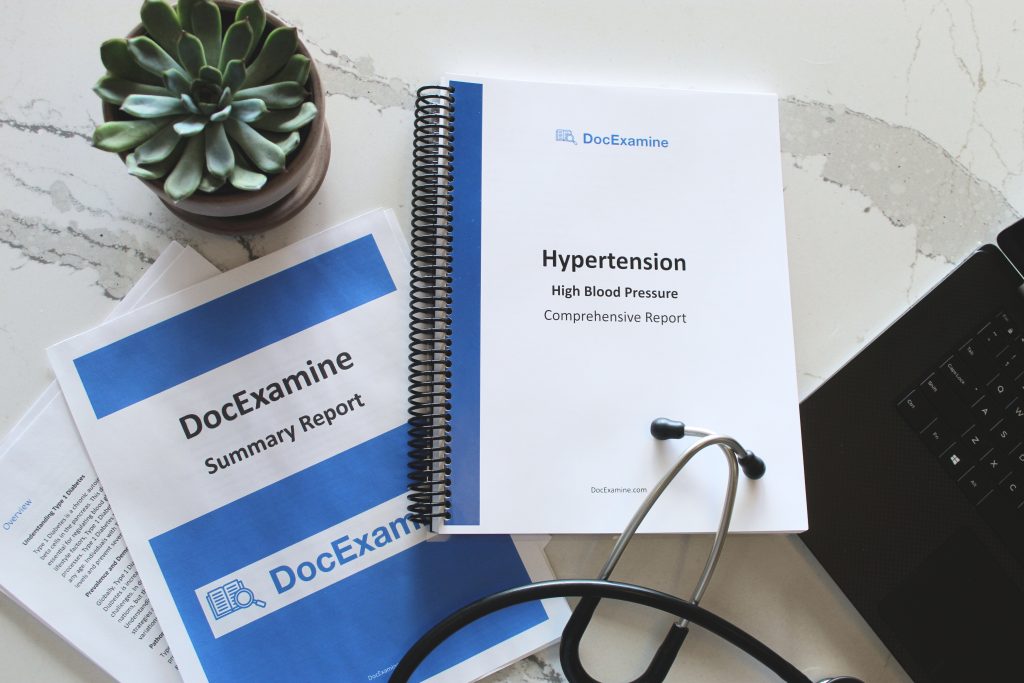Anxiety can feel like a constant weight on your shoulders, making even the simplest tasks seem daunting. It can manifest in different ways—some people experience racing thoughts and restlessness, while others feel a tight chest, rapid heartbeat, or trouble sleeping. But the good news is that you are not alone. Millions of people struggle with anxiety every day, and there are effective ways to manage it.
Understanding Anxiety
Anxiety affects people differently, but it often stems from a combination of genetic, environmental, and psychological factors. While occasional anxiety is a normal response to stress, persistent and excessive worry can interfere with daily life. Understanding your symptoms and triggers is the first step in regaining control.
Practical Tips to Manage Anxiety
Managing anxiety takes time and effort, but small, consistent actions can lead to significant improvements. Here are some simple yet effective strategies to help reduce anxiety symptoms:
✨ Find a Therapist – Speaking with a professional can help you process your thoughts and emotions while equipping you with tools to manage anxiety effectively. Cognitive Behavioral Therapy (CBT) is particularly effective in treating anxiety by helping you challenge and reframe negative thought patterns.
🧘 Use Breathing Exercises – Deep breathing techniques, like the 4-7-8 method (inhale for four seconds, hold for seven, and exhale for eight), can help calm your nervous system and reduce stress levels. Meditation and mindfulness are also great tools for staying present and avoiding overthinking.
🏃♀️ Exercise Regularly – Physical activity releases endorphins, which are natural mood boosters that help alleviate anxiety. Activities like yoga, walking, or strength training can improve both mental and physical well-being.
💊 Talk to Your Doctor About Medication – If your anxiety is severe or interferes with daily life, medication may be an option. Selective serotonin reuptake inhibitors (SSRIs) and beta-blockers are common treatments that help regulate brain chemistry. Consulting a healthcare provider can help determine what treatment is right for you.
💙 Be Gentle With Yourself – Managing anxiety is a journey, not a race. Celebrate small victories like getting through a tough day or trying a new coping technique. Remember, progress is not always linear, and setbacks are part of the process.

Additional Lifestyle Changes to Consider
In addition to the above strategies, some lifestyle modifications can significantly improve anxiety management:
🥗 Maintain a Healthy Diet – Reducing caffeine, sugar, and processed foods can prevent energy crashes and mood swings that worsen anxiety.
🛏️ Prioritize Quality Sleep – Sleep deprivation can heighten anxiety symptoms. Establishing a bedtime routine, limiting screen time before bed, and creating a comfortable sleep environment can promote better rest.
🤝 Stay Connected – Social support is essential in managing anxiety. Talking to friends, family, or joining a support group can provide comfort and reassurance.
Knowledge is Power
Understanding your anxiety is one of the most important steps in taking control of your mental health. At DocExamine, we provide comprehensive medical reports that offer insights into your condition, helping you make informed decisions about treatment and management strategies.
Anxiety does not define you, and you don’t have to face it alone. With the right knowledge, support, and self-care strategies, you can regain control and find a path toward calm and clarity.
Start your journey today with DocExamine and take the first step toward a healthier, anxiety-free life!


